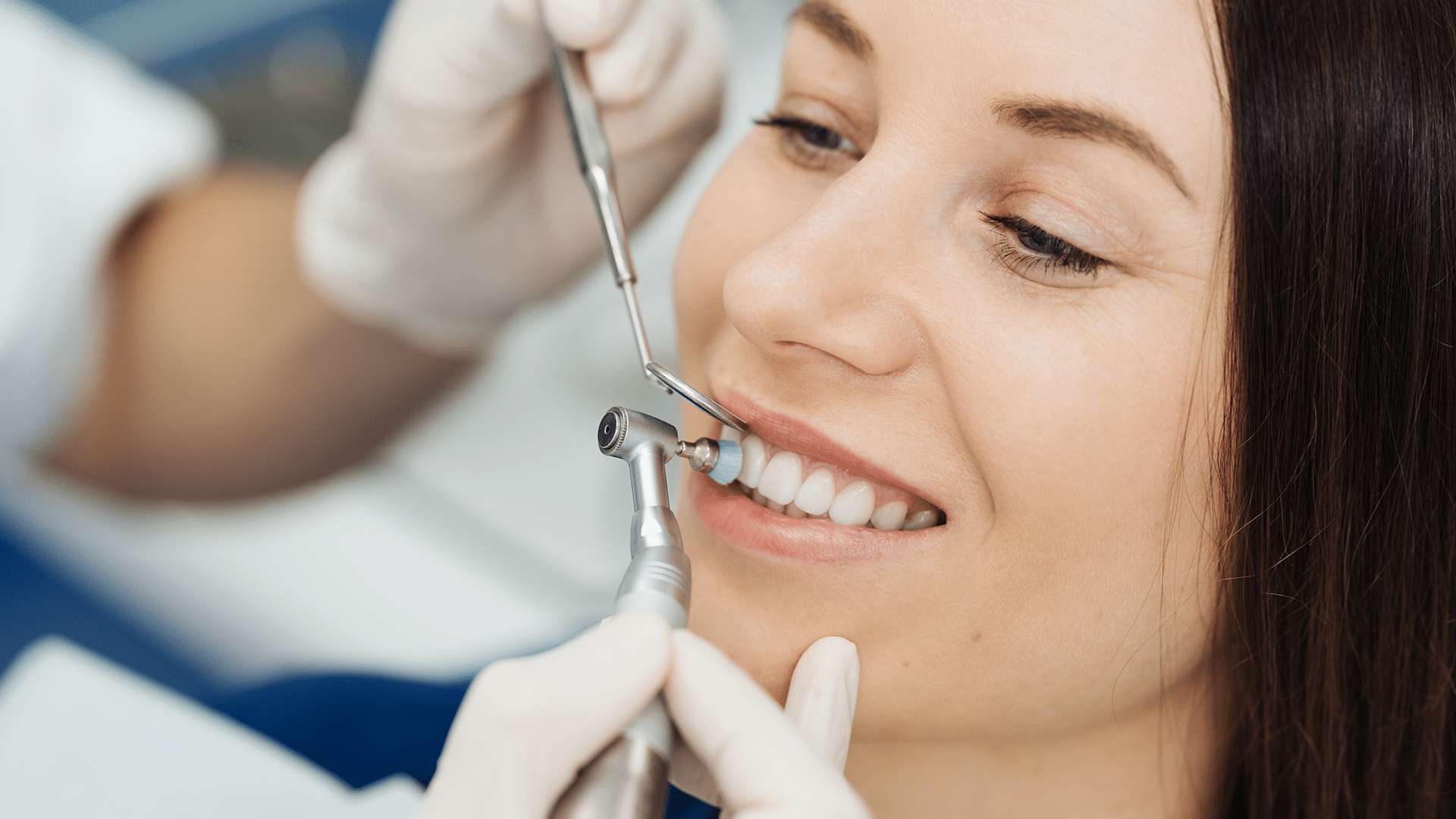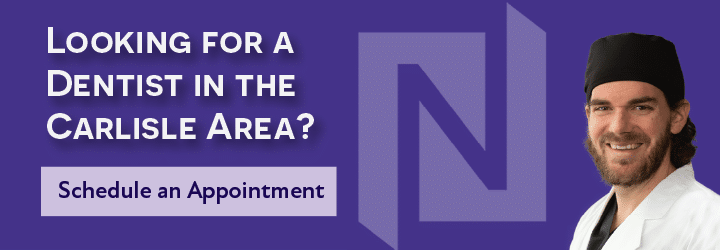
Gum Disease Symptoms and Treatment
Gum disease, also known as periodontal disease, is an infection of the gums, the soft tissues in your mouth that surround your teeth and jawbone. This infection is caused by harmful bacteria that is housed in plaque, which is a soft & sticky film that builds on our teeth every single day.
How Can I Fight Gum Disease At Home?
The best way to fight gum disease is to prevent it in the first place. Bacteria that forms in your mouth daily can cause gum disease, which is why good brushing & flossing is so important. If you already have any level of gum disease, what you do at home becomes even more important.
While home remedies cannot fix periodontitis, the gum infection that damages your gum tissue and jawbone, you can improve discomfort associated with it by establishing a faithful home care routine that includes:
- Brushing with a soft toothbrush or power toothbrush twice a day for two minutes.
- Cleaning in-between your teeth using floss, interdental brushes/picks, or water flossers.
- Rinsing with an antibacterial rinse especially before bedtime.
- Practicing lifestyle choices that reduce your risks such as quitting smoking, reducing stress, and eating a healthy diet.
What Is The Best Home Remedy For Gum Disease?
While there is no home remedy to cure gum disease, patients may want more natural products to help fight the bacteria and reduce inflammation. While many sources claim to help your gums naturally, many lack peer-reviewed research to back those claims.
Here are some common ‘home remedies’ and linked information:
While anecdotal evidence may show some positive results from home remedies, they all lack the clinical evidence of peer-reviewed research to show they fight gum disease. Because of that, the American Dental Association does not recognize them as reliable dental hygiene practices. However, none show any serious side effects if used as directed.
If you are considering trying a ‘home remedy’, it is always best to consult your dental professional for advice before using it to make sure that they are safe for you.
To best maintain your gum health, it is best to see your periodontist to discuss your own level of disease, personal risk factors, treatment options, home care routine, and maintenance schedule that will help you stabilize your disease and offer continued periodontal management. Contact our office with any questions or to make an appointment!



